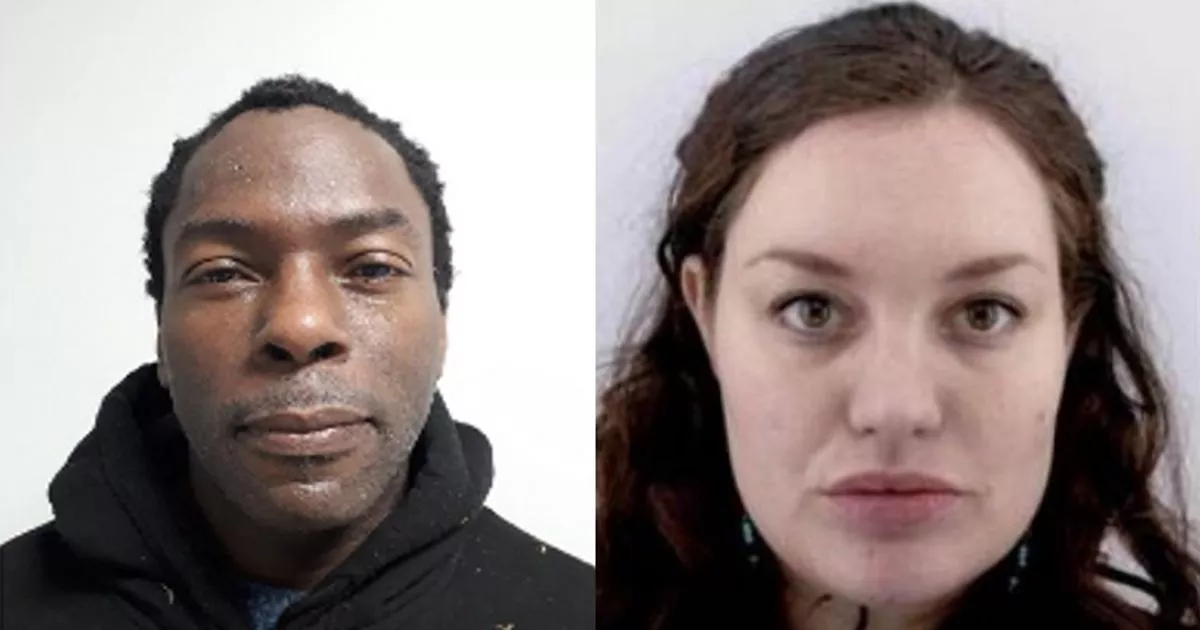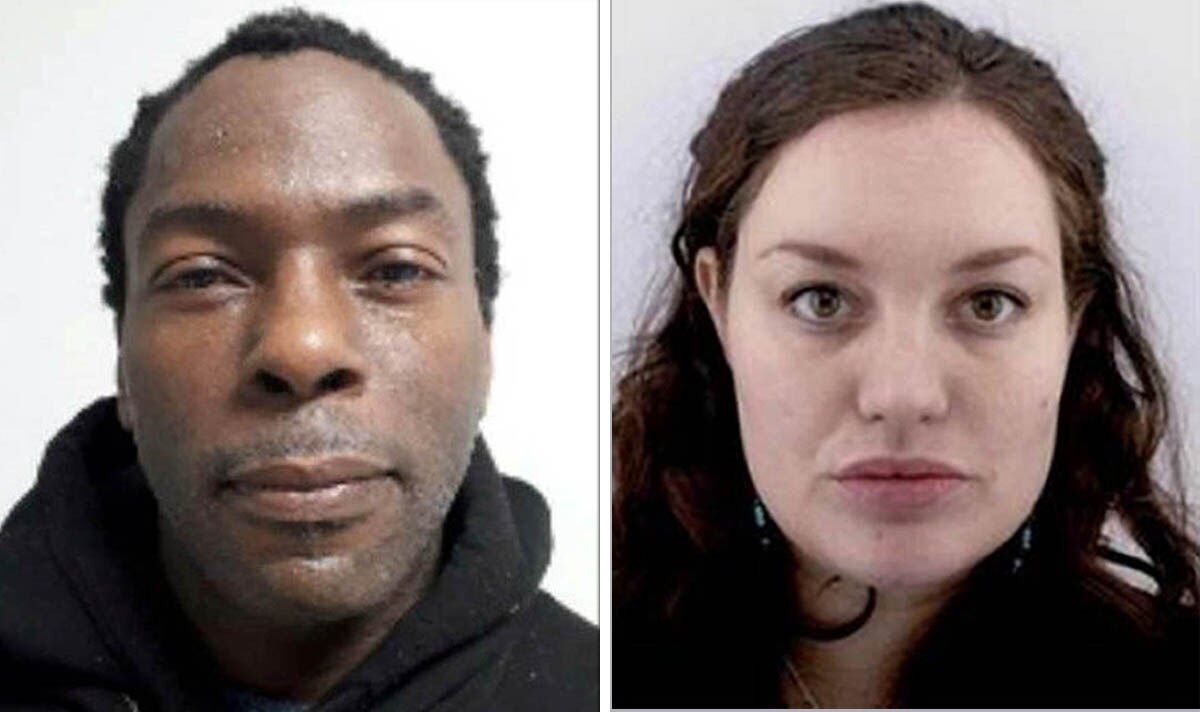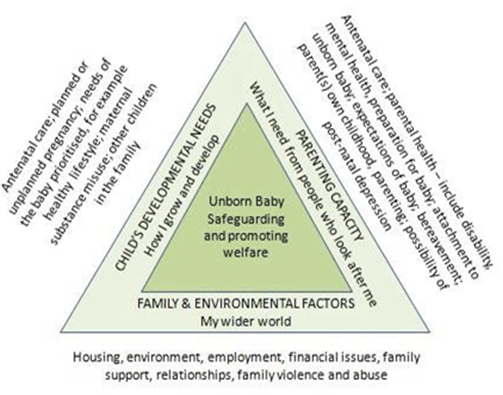Constance Marten: Brighton officer awarded by Sussex Police
The search for a missing baby which ended in tragedy "hit home for everyone," a sergeant leading the investigation said.
The Argus spoke with Sussex Police Sergeant Alec Barrett after he won an award for his work on one of the largest missing people searches in recent years.
He led the team running door to door enquiries in the days following the arrest of missing Constance Marten and Mark Gordon, who were found without their baby girl on February 27.
Sgt Barrett said his job was to "uncover evidence, witnesses and CCTV before it got lost to time, to achieve the best result when it gets to court." in and around the Hollingdean area of
Brighton, where the pair were found after 54 days on the run.
He said: "This was the largest area I had covered for house to house and CCTV trawling."
[...]
The officer of 15 years said that the close-knit team found it hard to manage their emotions as the
events unfolded.
He said: "In the early stages we were very much working with the information that the child could well be alive.
"So we put in every effort and ounce of our ability to try and find them.
"We thought every effort could locate that child, and they would still be alive and we could save them.
"But once we got the update and our operation became part of evidence recovery rather than a lifesaving excercise, it hit home for everyone.
"I'm a parent, some of my team are parents."
[...]
He said: "It hit the community very hard too. People are not naive enough to know these events don't happen, but to have it so close to your doorstep is something different.
"And that the suspects had walked outside their house and in their local area."
The sergeant was awarded by Detective Superintendent Rachel Carr at the
Brighton and Hove Police divisional awards ceremony on Tuesday.
She said: "Alec was one of the first supervisors on scene. He set clear direction and ensured a professional response to an extremely difficult incident to manage.
"Alec was paramount in leading the house to house enquiries to support the investigation. He worked tirelessly to maximise resources.
"The staff working under his leadership highlighted how well they were managed. Through challenging circumstances, Alec kept the team focused and motivated and this resulted in officers and staff representing Sussex Police in an extremely positive light and ensuring the investigation was completed effectively."
Following investigations by Sussex and the Metropolitan Police forces, Constance Marten and Mark Gordon were charged with gross negligence manslaughter, concealing the birth of a child and perverting the course of justice.
They are due to enter their pleas on August 18.
The search for a missing baby which ended in tragedy "hit home for everyone," a sergeant leading the investigation said after he won an…

www.theargus.co.uk



